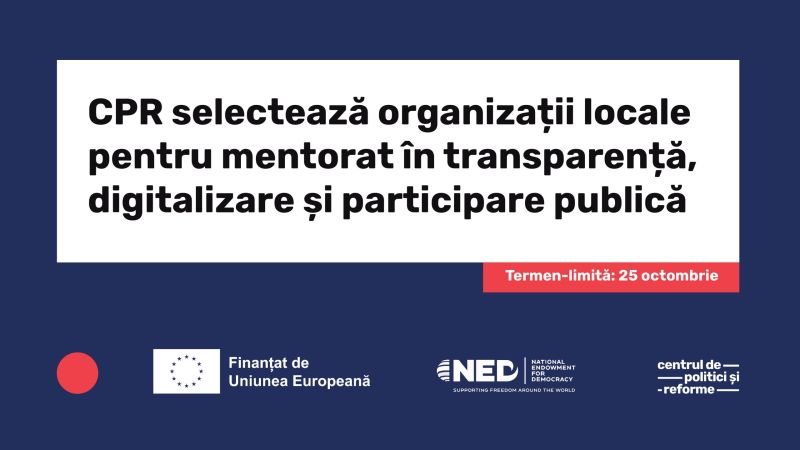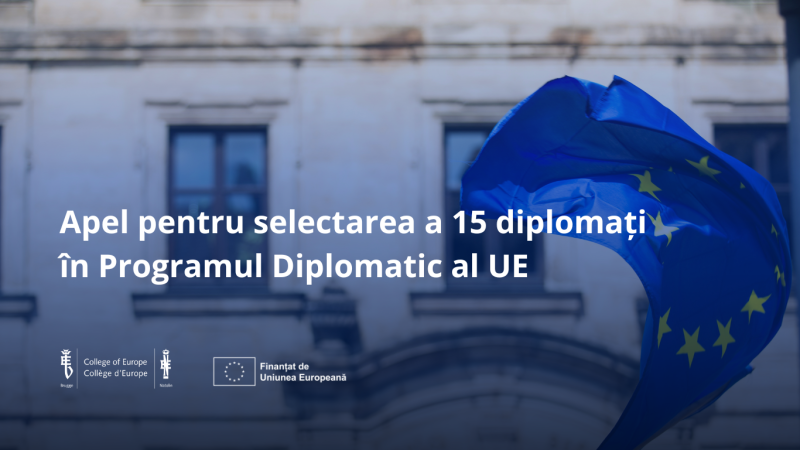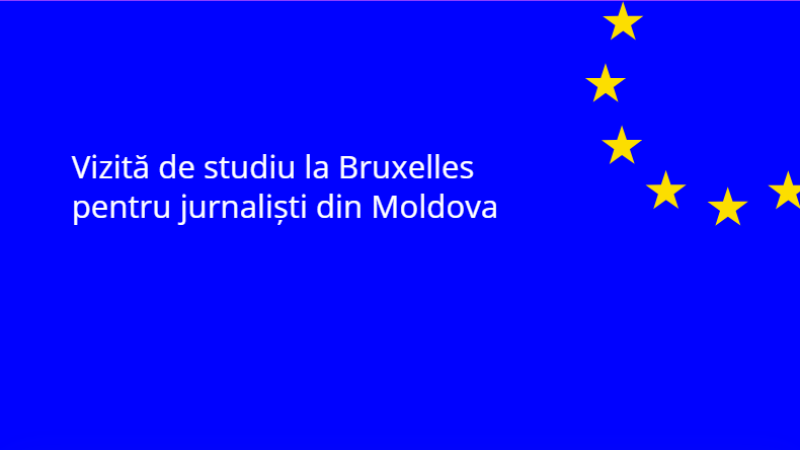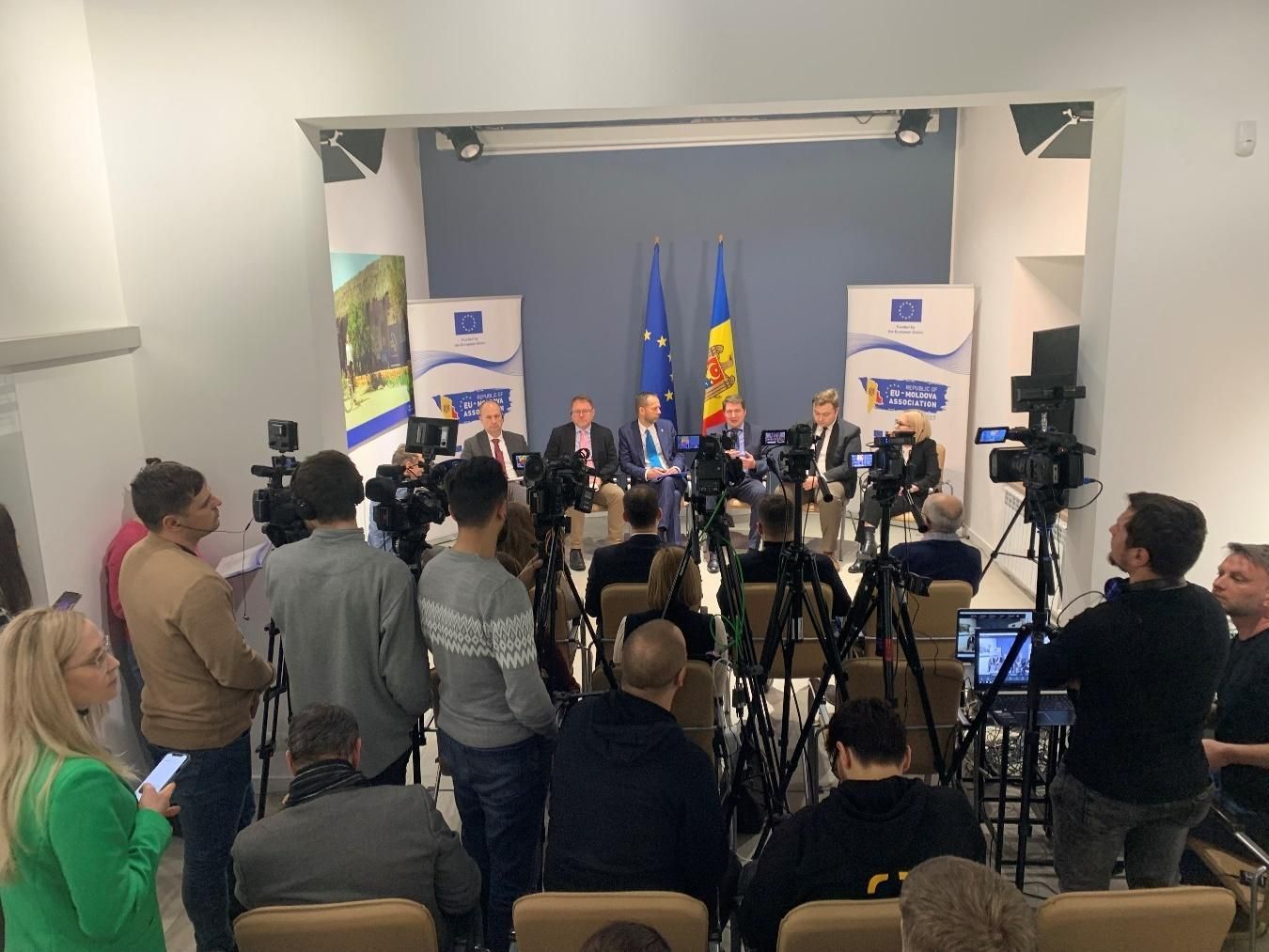
Manualul de armonizare a legislației ca element-cheie pentru succesul procesului de integrare a Republicii Moldova în Uniunea Europeană – prezentat publicului
La 12 ianuarie, a avut loc un eveniment public la Europe Café din Chișinău, dedicat prezentării Manualului privind armonizarea legislației, elaborat de dl Vladimir Međak și dl Primož Vehar, ambii experți în proiectul finanțat de UE „Sprijin pentru dialogul politic structurat, coordonarea implementării Acordului de asociere și îmbunătățirea procesului de aproximare legală în Republica Moldova”, care a organizat evenimentul în cooperare cu proiectul UE „Comunicare strategică și sprijin pentru mass-media în Republica Moldova”. Participanții la eveniment au fost în principal jurnaliști, reprezentanți ai mass-mediei și membri ai diferitelor organizații neguvernamentale.
Manualul privind armonizarea legislației prezintă informații teoretice și practice referitoare la legislația UE și principiile de bază de funcționare a instituțiilor Uniunii Europene, explică etapele și procesul de armonizare legislativă, oferă sfaturi utile privind transpunerea legislației UE, ce trebuie făcut și ce nu trebuie făcut în acest proces, pe baza experienței rundelor anterioare de extindere, plasând întregul proces în contextul sistemului juridic național al Republicii Moldova. Manualul explică, de asemenea, următorii pași pentru Republica Moldova în negocierile de aderare la UE și rolul parlamentului național în acest proces. Manualul a fost elaborat de doi juriști cu experiență în armonizarea legislației, în strânsă cooperare cu Cancelaria de Stat, Centrul de Armonizare a Legislației.
Observații introductive au fost făcute de Excelența Sa domnul Jānis Mažeiks, Ambasadorul Uniunii Europene în Republica Moldova, dl Vladimir Cuc, Secretar de Stat al Ministerului Afacerilor Externe și Integrării Europene, dl Adrian Băluțel, Secretar de Stat al Guvernului și dna Natalia Suceveanu, șefa Centrului de Armonizare a Legislației, Cancelaria de Stat.
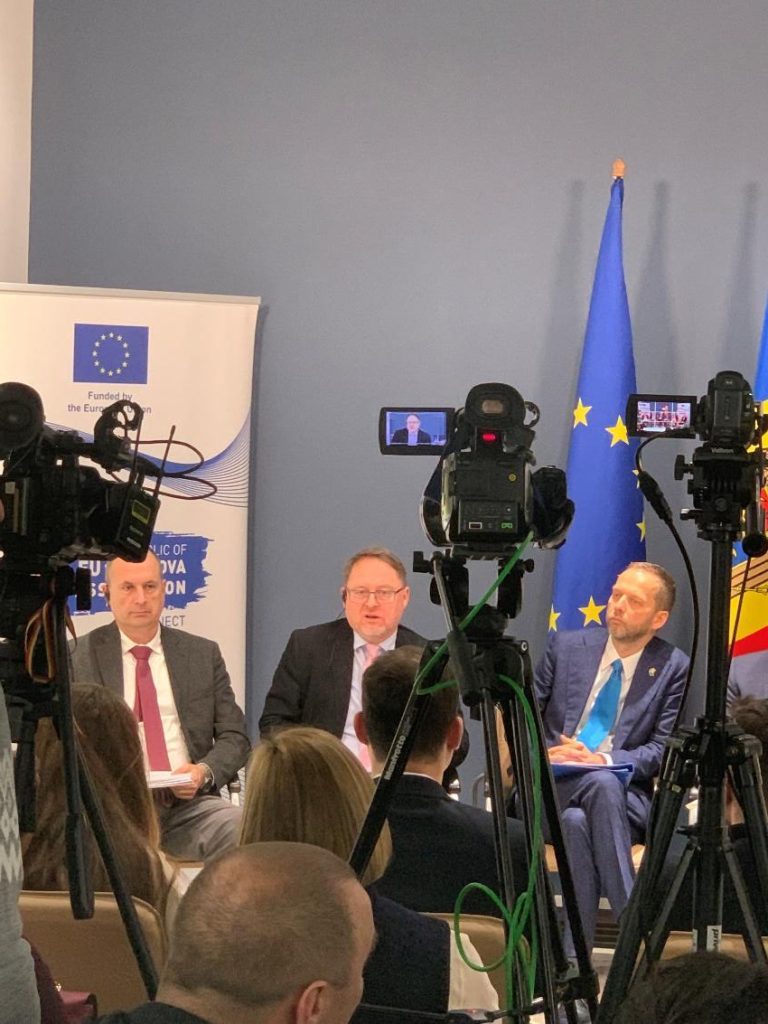
Autorii manualului, Primož Vehar și Vladimir Međak, au prezentat procesul de armonizare a legislației ca element-cheie pentru succesul procesului de integrare a Republicii Moldova în Uniunea Europeană și au oferit, de asemenea, răspunsuri la mai multe întrebări interesante din partea publicului.
Dl Vehar, șeful echipei proiectului și fost înalt funcționar din cadrul Biroului legislativ al Guvernului Sloveniei responsabil cu armonizarea legislației și fost șef al Secretariatului Comisiei pentru afaceri europene din Parlamentul sloven, a subliniat că armonizarea legislației nu este un exercițiu de copy-paste. Dl Vehar a subliniat că directivele și regulamentele UE nu pot fi doar copiate și nici legislația română nu poate fi doar copiată, indiferent cât de aproape ar fi aceasta din cauza limbii, însă această legislație poate fi folosită ca sursă foarte utilă de direcționare, informare și comparație. Armonizarea legislației este un proces extrem de solicitant de elaborare a unei legislații naționale moldovenești, pentru cetățenii și agenții economici din Republica Moldova, care aduce statul de drept, o mai bună funcționare economică, drepturi sociale mai bune, mai multă producție și export, un mediu mai curat și un nivel de trai mai ridicat, ceea ce putem vedea din exemplul noilor state membre ale UE din Europa Centrală și de Est. Cu toate acestea, armonizarea legislației nu este o sarcină mecanică de făcut de astăzi până mâine, ci un proces solicitant care necesită multă atenție, în special planificarea adecvată, evaluările de impact, consultări, precum și resurse, prin urmare, acest proces trebuie realizat treptat.
Dl Međak, expert senior în proiect și fost director adjunct al Biroului Guvernamental pentru Integrare Europeană, responsabil de armonizarea legislației și fost jurist-șef în echipa de negociere aderării la UE a Serbiei, a subliniat că negocierile de aderare vor fi un proces de adaptare a sistemului juridic și instituțional al Republicii Moldova la sistemul UE. El a subliniat că principiul cheie al negocierilor de aderare este acela că negocierile vizează alinierea deplină la acquis-ul UE și punerea în aplicare a acestuia la o dată limită, astfel încât noul stat membru să poată pune în aplicare politicile UE și să beneficieze pe deplin de aderarea la UE din momentul aderării. În același timp, legislația UE nu este negociabilă, astfel încât o țară candidată poate negocia doar elementele „când” și „cum”, își va armoniza legislația cu legislația UE. Cu toate acestea, Comisia poate negocia eventuale dispoziții tranzitorii și modalități specifice de punere în aplicare a legislației UE după aderare. Cu toate acestea, la sfârșitul negocierilor de aderare, Moldova va fi armonizată cu legislația UE. Procesul necesită timp și mult efort, dar se poate face dacă există voința de a face acest lucru și suficientă asistență în domeniul expertizei și al fondurilor pentru a sprijini reformele necesare.
În luna următoare prezentării manualului au fost organizate o serie de instruiri speciale privind armonizare a legislației, iar manualul în limba română a fost predat funcționarilor publici care au participat la instuire, precum și universităților. Manualul va contribui la o mai bună punere în aplicare a procesului de armonizare legislativă, aceasta fiind una dintre principalele provocări pentru Republica Moldova în eforturile de aderare la UE.
Manualul este disponibil și online:
- În limba română: https://www.eeas.europa.eu/delegations/moldova/manual-armonizarea-legisla%C8%9Biei-ca-element-cheie-pentru-succesul-procesului-de_ro?s=223
- În limba engleză: https://www.eeas.europa.eu/delegations/moldova/handbook-legal-approximation-key-element-succesful-integration-process-0_en?s=223
Proiectul finanțat de UE „Sprijin pentru dialogul politic structurat, coordonarea implementării Acordului de asociere și îmbunătățirea procesului de aproximare legală în Republica Moldova”, are ca scop creșterea capacităților Guvernului Republicii Moldova și ale altor instituții naționale cheie în implementarea Acordului de Asociere UE-Moldova. După primirea de către Republica Moldova a statutului de țară candidat la UE, proiectul este dispus să ofere asistență avansată pentru consolidarea administrației moldovenești pentru a fi pregătită pentru următorii pași în procesul de integrare în UE.
